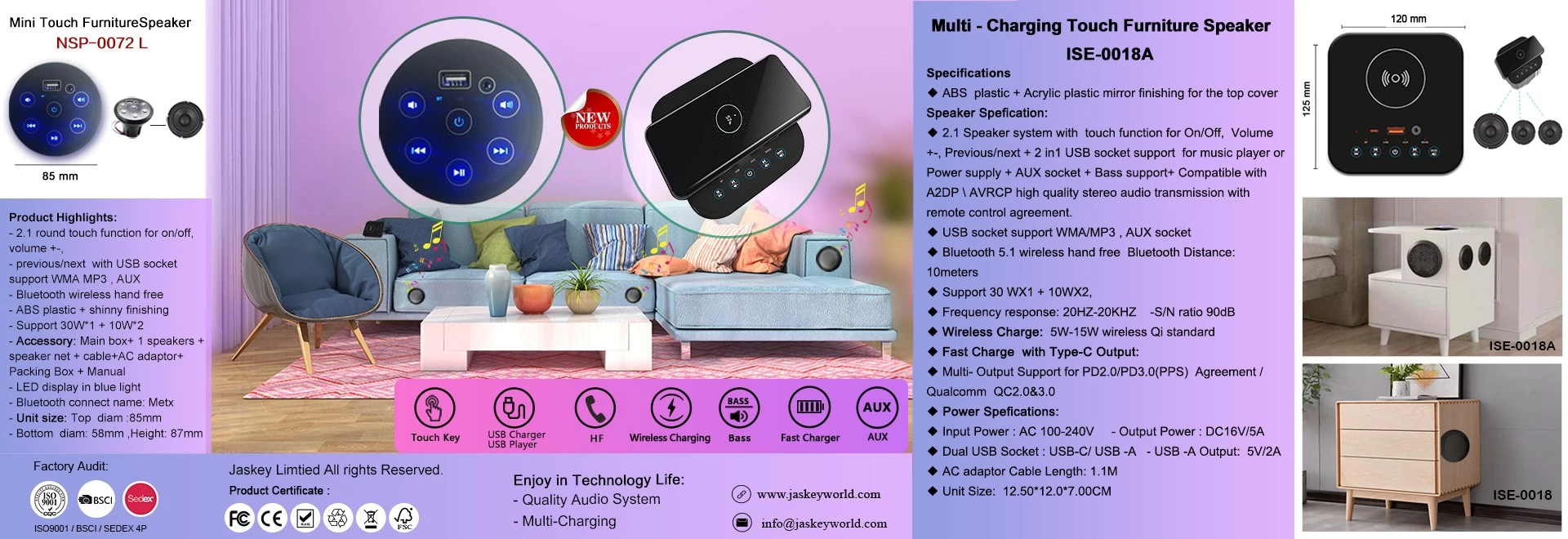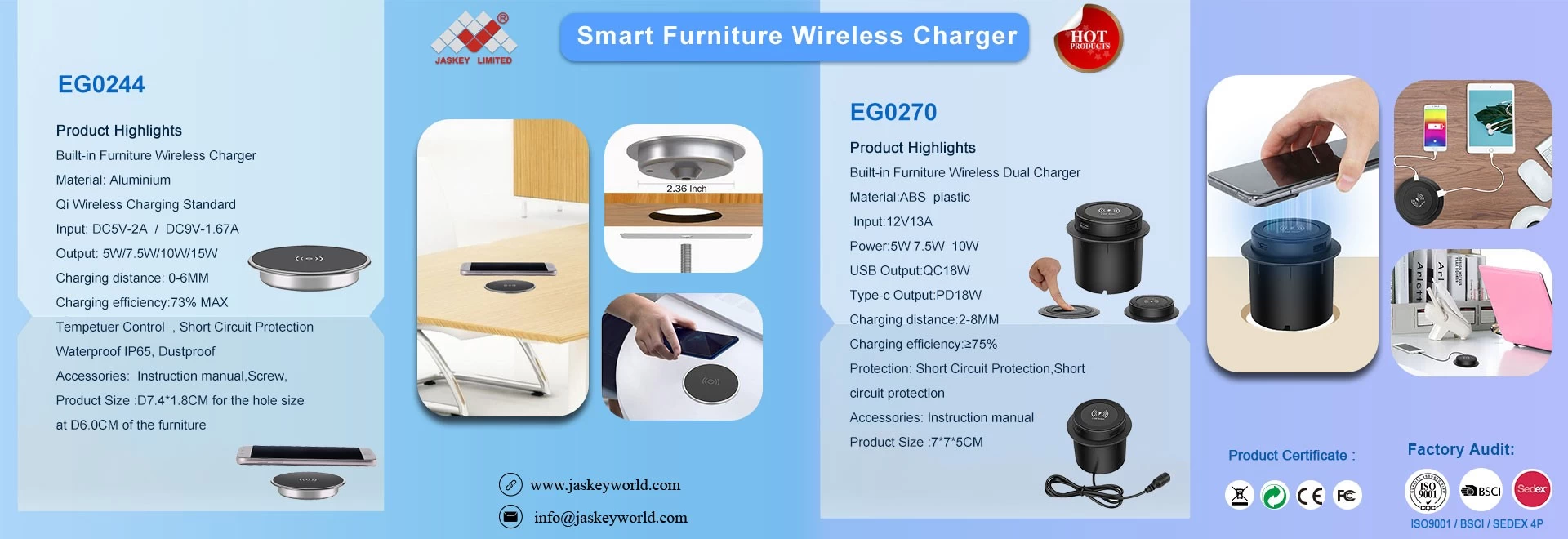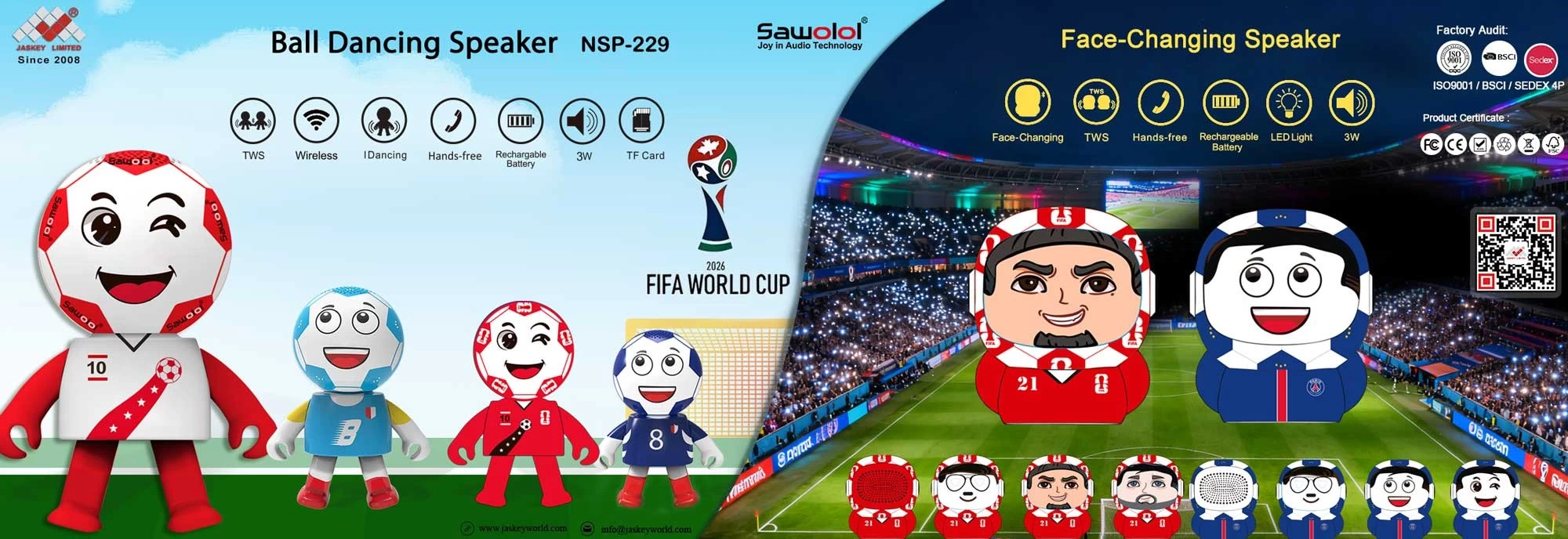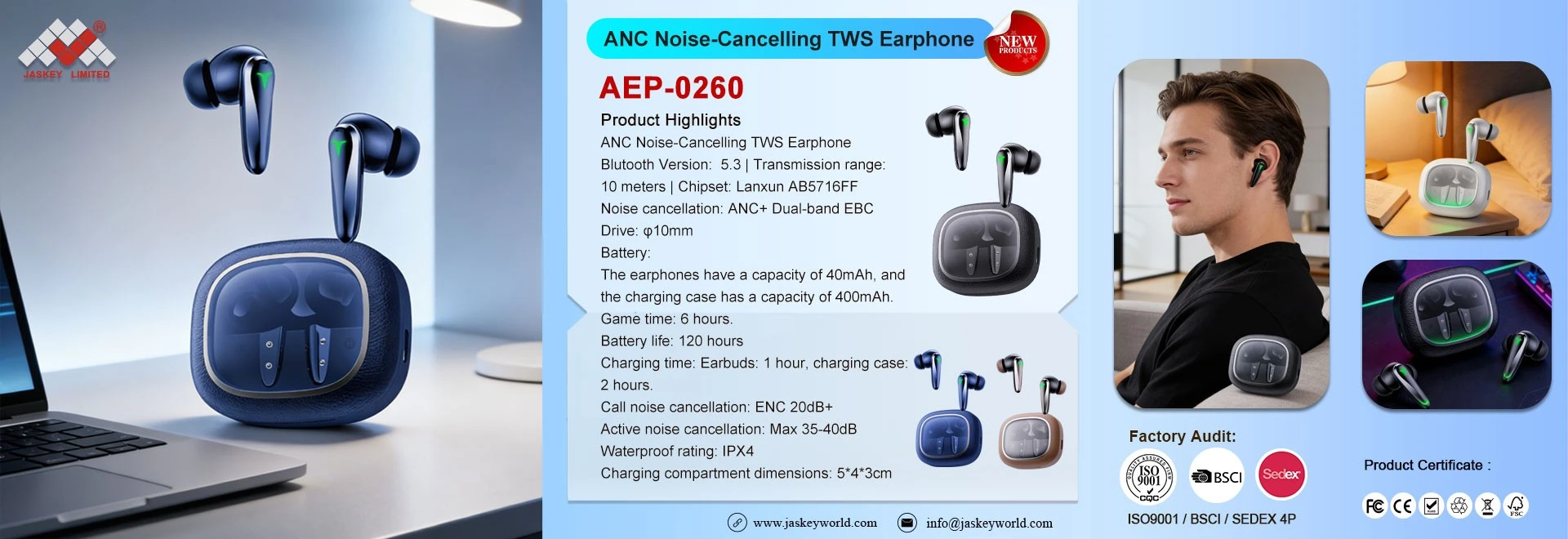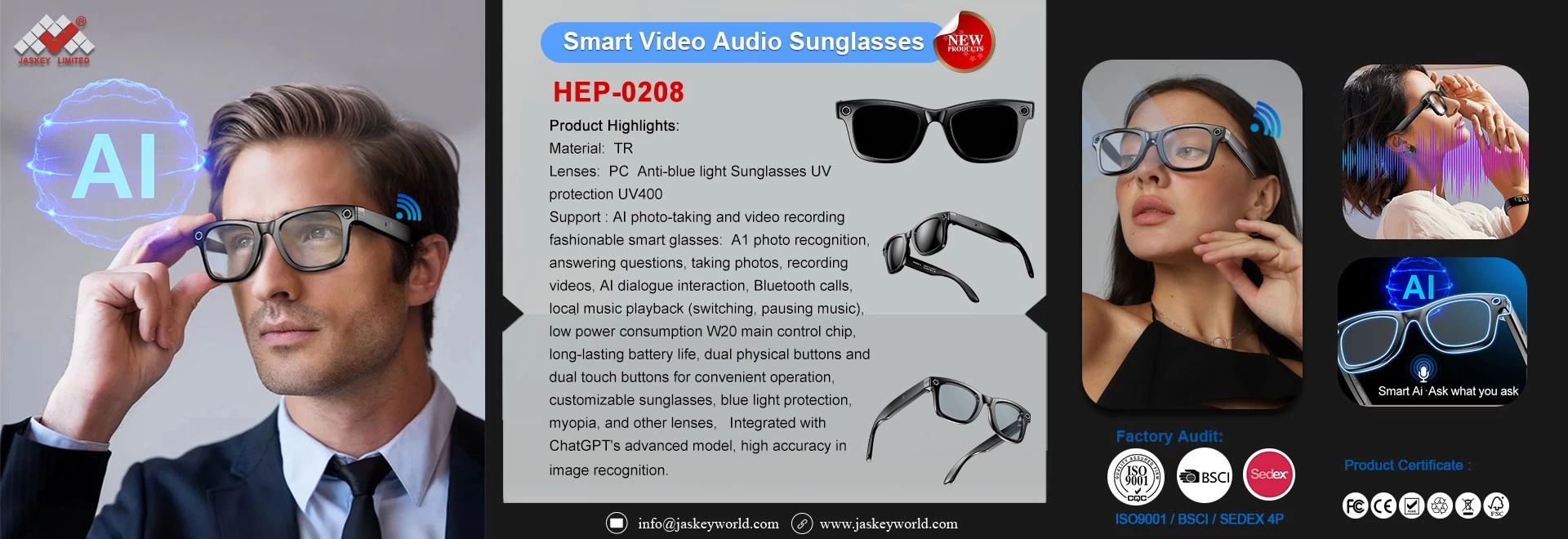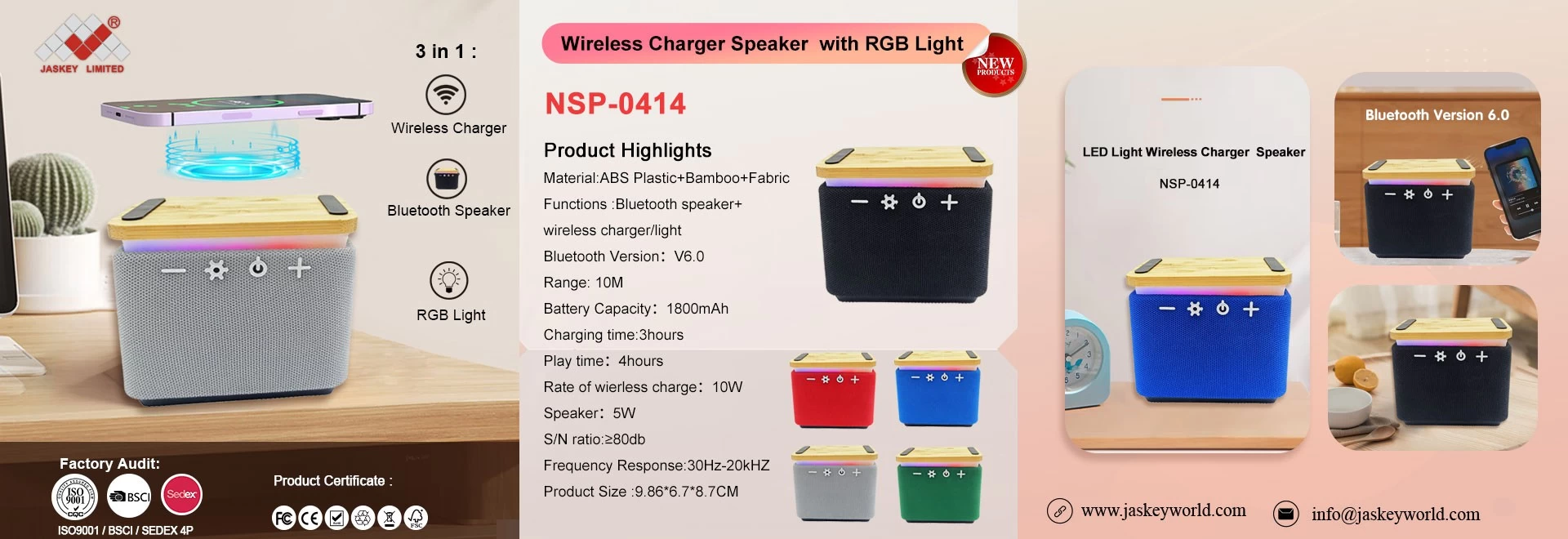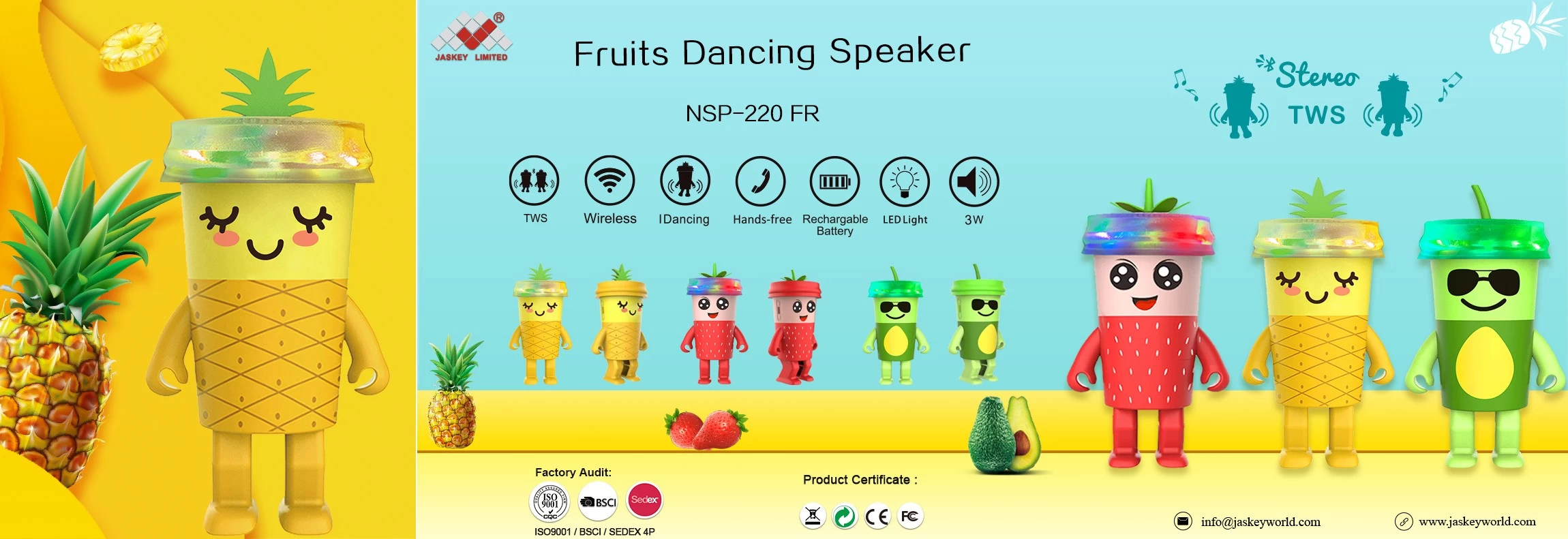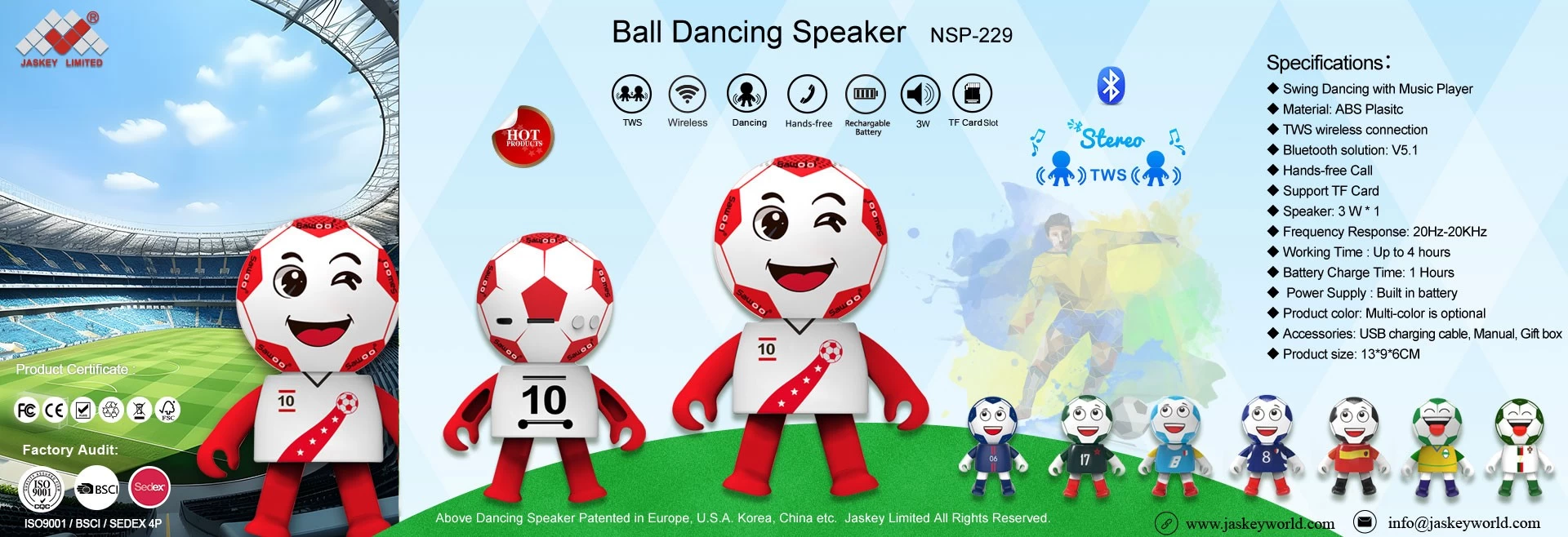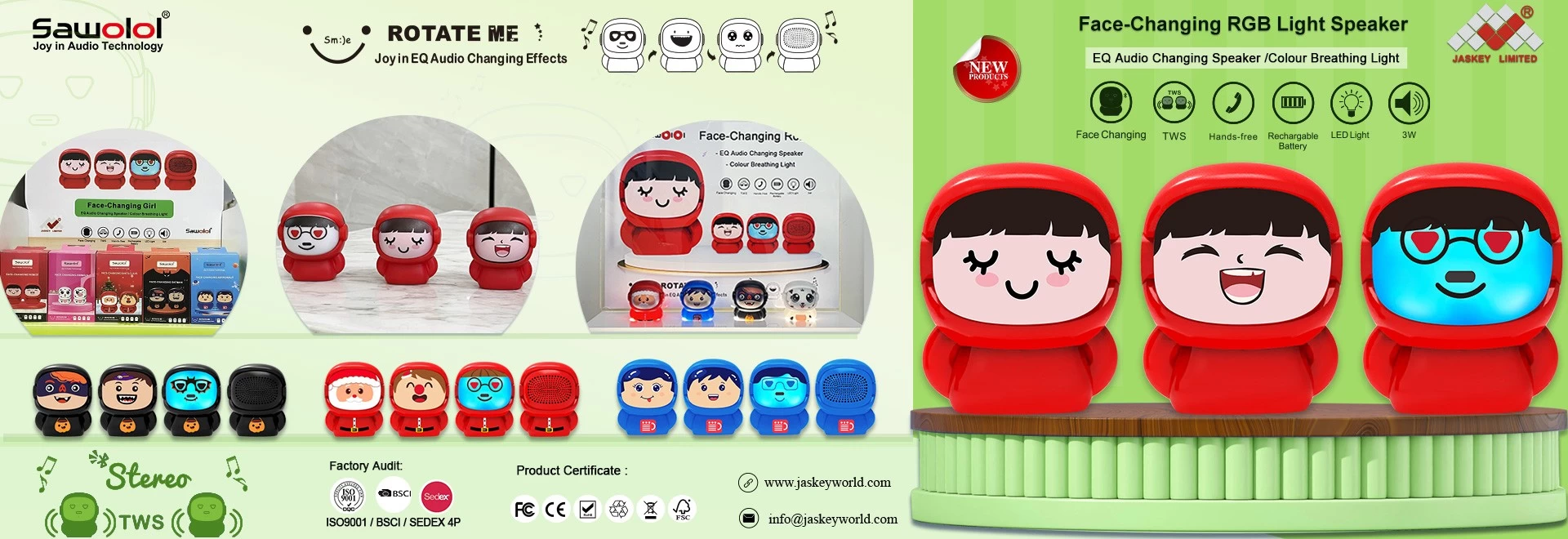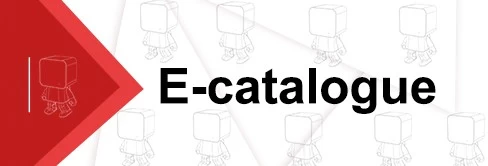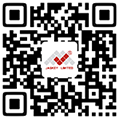Future of super-capacitor may replace the current mobile phone battery
Smartphone charging problems every day has been annoying us? This annoyance may be resolved in the near future. Recently, the US team of scientists developed a new super capacitor technology, this super capacitor can be bent only need to charge a few seconds, you can maintain more than a week of electricity.
The team is the University of Central Florida (UCF) nano-science and technology center, their research papers in mid-October in the international academic journal ACS NANO published. UCF research team's postdoctoral fellow Nitin Choudhary said that if the latest development of super-capacitor to replace the previous ordinary battery, the future will not be for the phone battery capacity is not strong, need to frequent charging troubles, because the latest super capacitors only You need to charge the phone a few seconds, you can maintain more than a week of electricity. At the same time, this capacitor can be repeatedly charged more than 30,000 times almost no loss, the current general-purpose lithium-ion battery is basically only guaranteed within 1500 times the battery performance will not decline.
At present, the industry's main research method is to use a new type of nano-materials, to improve the performance of supercapacitor. Prior to the research team also used graphene and other storage properties of strong two-dimensional materials to prepare the super capacitor, but the capacitor performance improvement is limited.
UCF research team chief researcher, UCF Nano Science and Technology Center and Assistant Professor of Materials Science and Engineering Center tried to use only a few atomic thickness of two-dimensional material, but the results are not satisfactory. This is mainly because these two-dimensional materials Yeonwoong Jung said, "Our research team has now developed a simple chemical synthesis method, the use of this method can be a very good existing materials and two-dimensional materials integration." Jung Also said that in his team developed this new preparation method, no one can achieve the potential of two-dimensional materials.
Specifically, UCF team developed this super capacitor is mainly composed of millions of nanowires, and supercapacitor in the surface coating load on a layer of two-dimensional material, prepared a core-shell type of super Capacitors. The supercapacitor has a core of ultra-high conductivity so that the battery system can quickly transfer electrons, so as to achieve rapid charge and discharge effect. A supercapacitor with a two-dimensional shell can significantly increase the energy of the cell system and increase its power density.
"For small electronic devices, our materials deliver world-leading performance in energy density, power density, and cycling stability, well beyond conventional standards," Choudhary said.
For example, the cycle stability of the data can reflect how many times the battery charge, the battery performance began to decline. Ordinary lithium-ion battery can guarantee charging up to 1500 times, the battery performance will not decline; the current research and development of other two-dimensional materials, super capacitors, can charge thousands of times will not appear battery performance decline; and UCF team research and development The new supercapacitor, charging 30,000 times without the battery performance degradation phenomenon.
Supercapacitors can be used in mobile phones and other electronic equipment, and even electric vehicles. At the same time, the new supercapacitors are flexible, adding to their possible range of applications, and in combination with wearable devices.
Jung is currently working with UCF's Technology Transfer Office to apply for an invention patent for the new technology. "It's not ready for commercialization yet," Jung said, but the technology the team has developed will have a huge impact on many other research and technologies.

